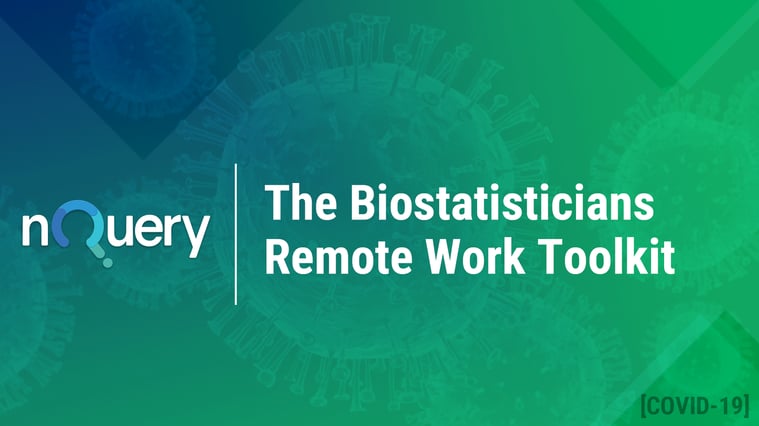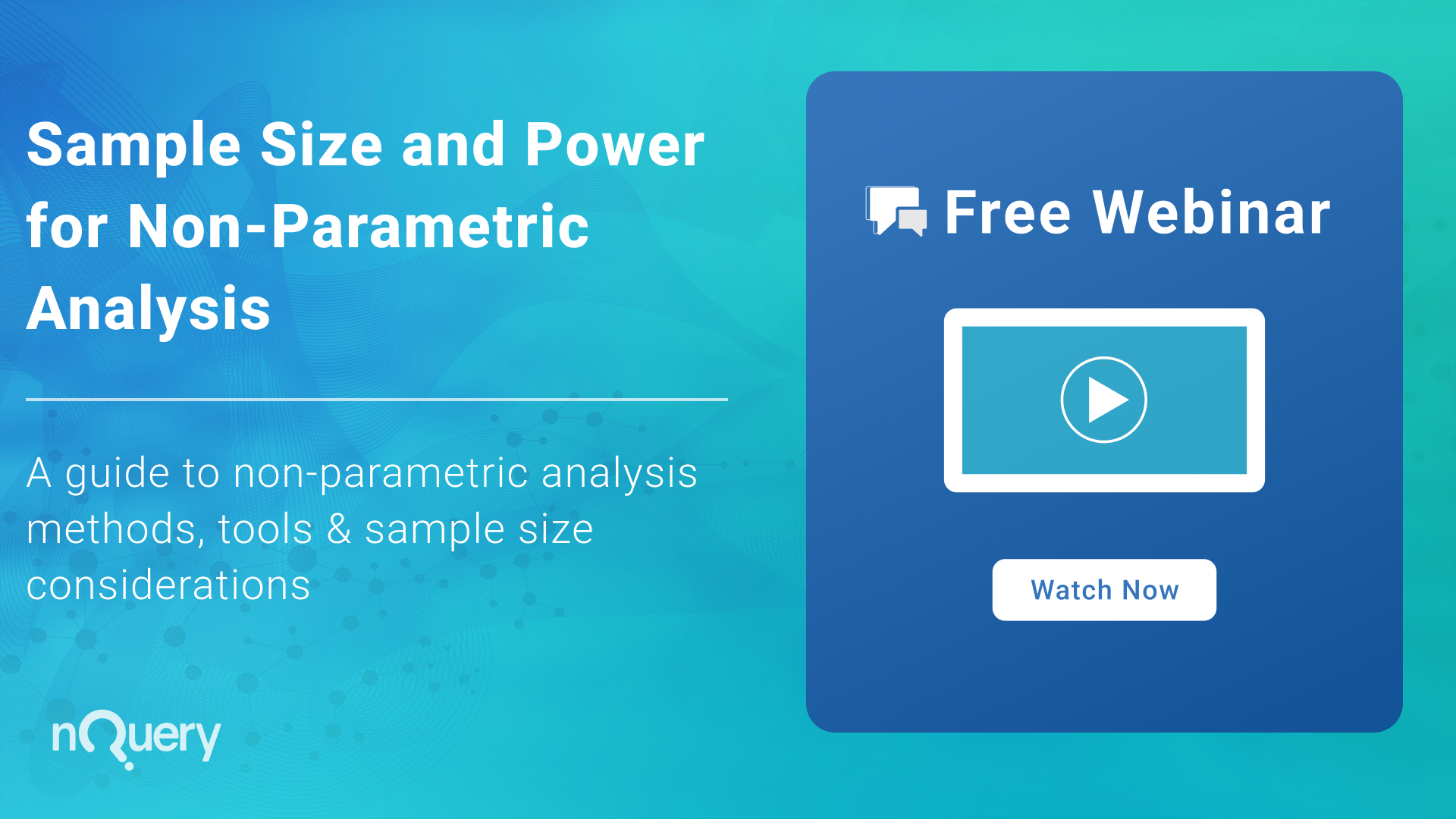COIVD-19 has created many questions regards clinical trials. The FDA has issued guidance on how the COVID-19 Pandemic may affect the conduct of clinical trials.
The FDA Guidance on Conduct of Clinical Trials of Medical Products during COVID-19 Pandemic
The full FDA Guidance for Industry, Investigators, and Institutional Review Boards can be found here. (Updated on March 27, 2020).
The guidance states the FDA recognizes the need to reassess compliance with protocols and human subject protection in light of the current national crisis. In the CT guidance, FDA emphasized the following considerations for ongoing clinical trials.
- Safety first. Study decisions should take into account the impact on the safety of all clinical trial participants. This could also include continuing use of an investigational product for patients already in the trial. These decisions are best made in consultation with an Institutional Review Board (IRB) or Independent Ethics Committee after considering the risk associated with discontinuing the product and the best way to protect the safety, welfare, and rights of the study participant.
- Keep all study participants informed about what will happen to the study and their participation.
- If a clinical trial participant cannot come to the site, consider alternate methods for contact (phone, virtual visit, alternate location). Are in-person visits really necessary, given COVID-19?
- For cases where a drug is discontinued, FDA stressed the need to continue to monitor withdrawal or adverse events from the cessation of an investigational treatment.
- COVID-19 screening procedures are likely not necessary to report as a protocol amendment unless they are part of a new research objective.
- Change first and then report. Protecting the health of the study participants is paramount. Changes that minimize immediate hazards do not require immediate reporting to an IRB or filing of an amendment for protocol change; this can be done after the fact.
- Stick to the protocol as much as possible, but note the deviations related to COVID-19. Note also the reasons why efficacy endpoints were not collected and the COVID-19-related reasons for this.
- Sponsors and investigators should work with FDA to inform the agency of changes taking place to the trial, and work with the IRB to ensure protection of trial participants.
- In the clinical study report, sponsors should describe to FDA the following information related to COVID-19:
- The contingency measures implemented
- A list of all participants impacted by COVID-19 study-related disruptions, by unique subject identification numbers and by study site (noting how the participation was altered)
- Analysis of how the COVID-19 changes would impact safety and efficacy of the investigational drug or device.
We have put together some resources to help Biostatisticians working from at this time, just click the image below.

Further strategies to tackle changes to clinical trials planning, as a result of COVID-19 include:
Protocol Modifications
- Evaluate the impact of modification on efficacy analysis and amend protocol and SAP for the discussion with FDA.
- Propose strategies to preserve statistical rigor of the trial.
- Consider supplementary analyses exploring the consistency of trial results pre and post any study changes (known or otherwise) due to COVID-19.
- Consider design strategies which can help overcome the issue of missing visits and discuss with the appropriate review division.
Handling Missing Information
- Consider alternative endpoints for evaluation.
- Use blinded forecasting techniques to predict delays to enrollment, and subsequent impact on trial timelines.
- Evaluate the impact of modification on safety analyses and amend protocol and SAP for the discussion with FDA.
- Evaluate the comparability of data obtained digitally or virtually vs with “traditional” approaches.
Amendments to Data Management and Statistical Analysis Plan
- Consult the FDA to agree on amendments and revise the statistical analysis plan accordingly.
- Consider supplementary analyses using historical clinical trial data or real-world data to support assessment of the impact of missing data elements.
- Consider unplanned Interim Analysis and Adaptations for trials with advanced recruitment to evaluate predictive power and whether the trial should be stopped early rather than modified or prolonged.
- Consider Bayesian borrowing from historical data to counter trial delays, dropouts and missing data.






















No Comments Yet
Let us know what you think